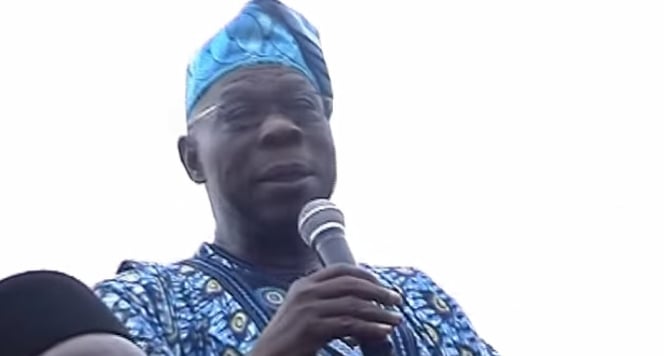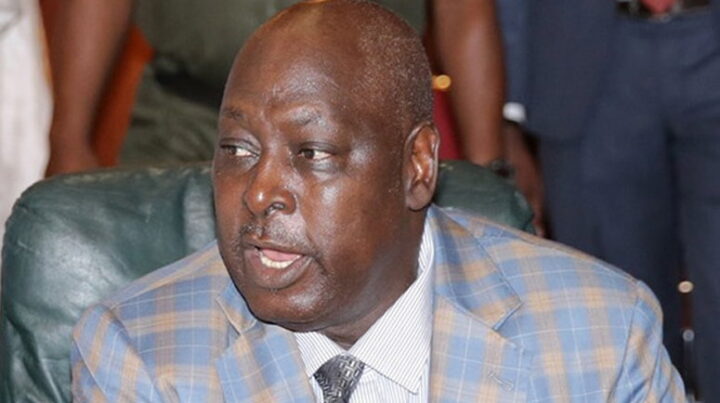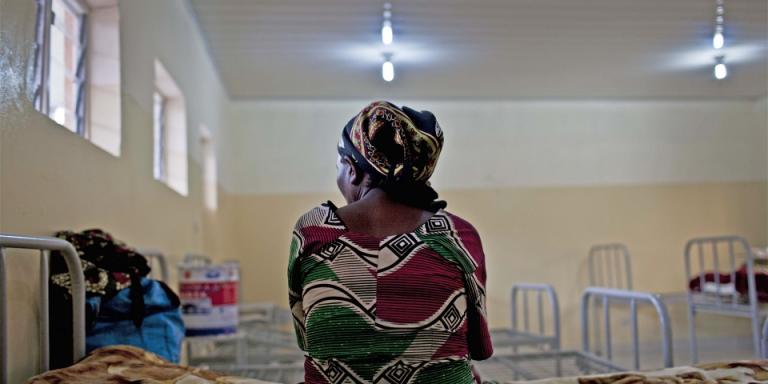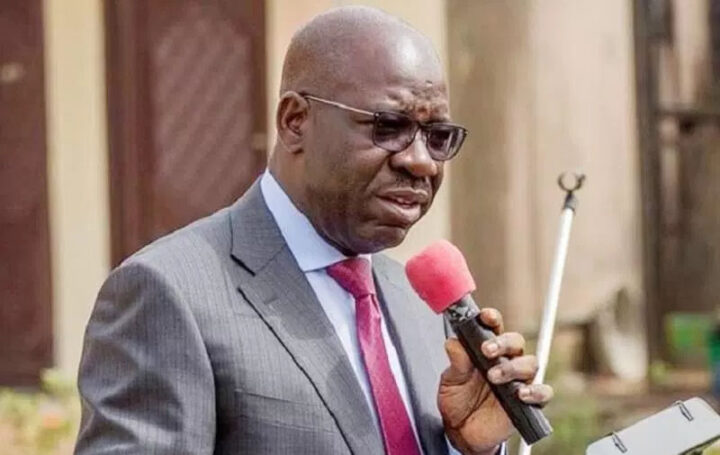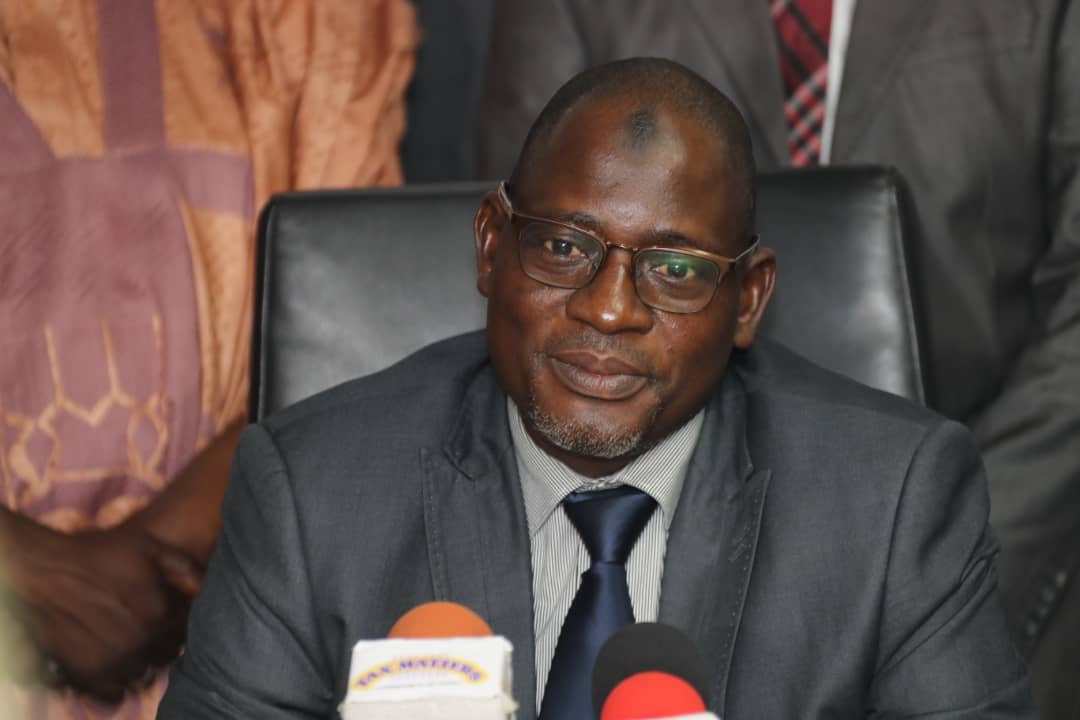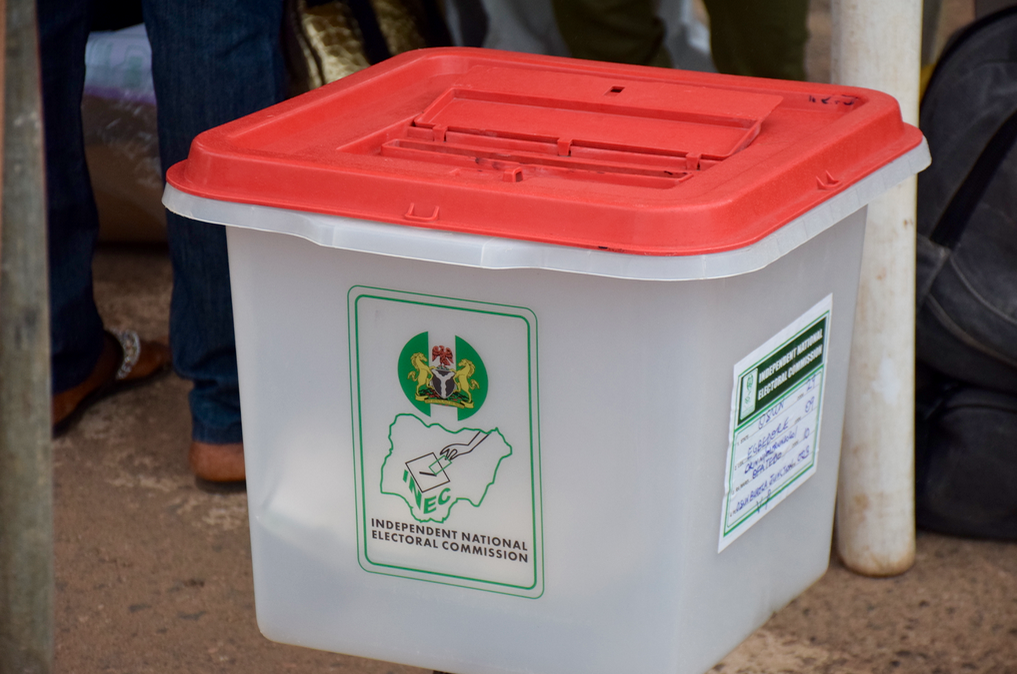On August 12, Nigerian youths joined their counterparts across the globe to mark the 2020 International Youth Day. Beyond the usual euphoria that greeted the day, there’s nothing significant about the occasion in Nigeria. As expected, politicians used the event to score cheap political points, churning out messages laced with hopes for the youth here and there. It has always been the norm. The bitter reality remains that the future looks as foggy as ever for Nigerian youths, particularly when it comes to inclusion in governance.
Former President Olusegun Obasanjo was not oblivious of this glaring reality. During a virtual interactive session he featured in to commemorate this year’s edition of the annual youth day across the globe, Obasanjo charged the youths to intensify efforts toward “squeezing out those who want to remain in office perpetually.”
Hear him: “Unless you squeeze out those who are in the office and those who want to remain in office perpetually, some after the age of 80. Unless you squeeze them out they will not want to be out. The type of change I am talking about, that I believe we can all embark upon is to subscribe into the constitution of political parties in favour of youth. Or if you like it you call it affirmative action in favour of youths. For instance, if you say, in the constitution of a political party, not less than 50 per cent of those who hold executive office within the party will be less than 40 years of age.
“You’re just making sure that people that are 40 years of age will hold 50 percent of executive offices within the political party. You can even go beyond that and say that people who will be put up for election, not less than 50 percent of them, will be less than 40 years of age. That’s affirmative action. That’s positive discrimination in favour of youths. I am saying this because if you leave it entirely for people to do it for you, nobody will do it for you. You have to do it for yourself.”
Advertisement
The former president’s comment could not have come at a more appropriate time, regardless of the criticisms that greeted his outbursts. If not anything, the attendant drama ignited by the comment in some quarters was indicative of the fact that sometimes beneficial messages could be sacrificed on the altar of the perceived inadequacies of the messenger or medium. Marshall McLuhan, a Canadian communication scholar, made a case for this in his popular postulation that “the medium is the message.”
Obasanjo is definitely not a saint when chronicling successive leaders, whose actions and inaction, have stagnated Nigeria’s socio-economic development. He acknowledged that in July when he quipped: “I never say that we didn’t make mistake or we are perfect, but whatever mistake we made was a genuine mistake. It wasn’t a mistake we made as a result of selfishness.”
On this basis, Obasanjo’s seeming new ‘patriotic-driven’ personality is suffering a huge perception problem and it is not difficult to understand why critics are after him. After all, it is logical to ask why someone, who plotted a third agenda after his eight-year stint in power following Nigeria’s return to democracy, suddenly became a crusader of youth inclusion in politics.
Advertisement
Yet, it would be suicidal to jettison or handle the comment of one of the most powerful ‘kingmakers’ in the country’s political landscape since 1999 until the dawn of the President Muhammadu Buhari-led government with kids gloves. It didn’t come as a surprise when former President Goodluck Jonathan christened him “the boss of all bosses.”
Obasanjo’s comment only stated the obvious. Youth inclusion in governance is becoming difficult at the tick of every second in Nigeria.
There are many factors responsible for this. In the first place is the crude nature of our politics. In Nigeria, poverty is a big issue, to put it in a mild way. The gap between the poor and the rich keeps widening — a development which has overtly and covertly affected the country’s political landscape, too. Vying for political positions in Nigeria is synonymous with with your financial strength. The more money you have, the higher your chances of you being taken serious. Ideologies have little or no space in our political lexicon, money is the defining factor. When we have such narrative in a country that’s the poverty capital of the world, then it’s almost impossible for those with the financial wherewithal not to keep taking advantage of those without it. This is the Nigerian story and such atmosphere has made politics a no-go-area for many youths. Where do we expect the youth to get the huge money needed to navigate through the murky waters of Nigerian politics?
Beyond money, which, undoubtedly, remains a major problem, there’s also the apathy issue. In a country of over 200 million where the youths chalk up a significant part of the population, it’s puzzling as to why we still have the same old, clueless set of people still dominating the country’s leadership space. In Nigeria, our youths are more concerned about social media trends than good governance. We have a generation of youths who can stay awake all night to watch the highlights of the Big Brother Naija (BBNaija) reality TV show, but will find a two-hour programme on budget boring. More worrisome, perhaps, is the fact that the few who muster the courage are often ridiculed by their fellow youths.
Advertisement
Participatory governance cannot be achieved in Nigeria when the citizens, especially the youths that make up its active population, do not see the need to challenge the status quo or engineer social rebirth. Majority of our youths have become complacent about issues of national development. They are rather more interested in frivolities.
As this year’s International Youth Day rolls by, Nigerian youths must take up the gauntlet for social change. Like Obasanjo pointed out, they “have to do it” themselves. Our youths should need to become more interested in issues of nation building, they should be ready to ask questions where necessary and resist being sycophantic megaphones of political leaders. The fact that their many years of complaints have yielded no effort shows nothing will change anytime soon unless they stand up for a holistic change in the system. There’s no better time than now for the youths to get involved in the process of changing the narrative in Nigeria.
Ojo is a journalist at TheCable.
Advertisement
Views expressed by contributors are strictly personal and not of TheCable.
